Filters
Found 120 Results
-
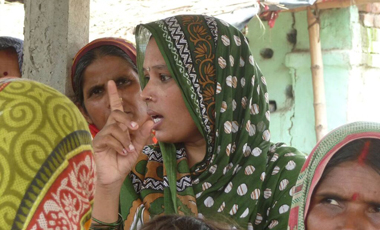
Gender, Agriculture, and Assets Project (GAAP)
Evaluating the Impacts of Agricultural Development Programming on Gender Inequalities, Asset Disparities, and Rural Livelihoods The project looks at a variety of agricultural development projects to what is the impact of these projects on men’s and women’s assets with assets defined quite broadly (for example, livestock, genetic resources, equipment, access […]
-
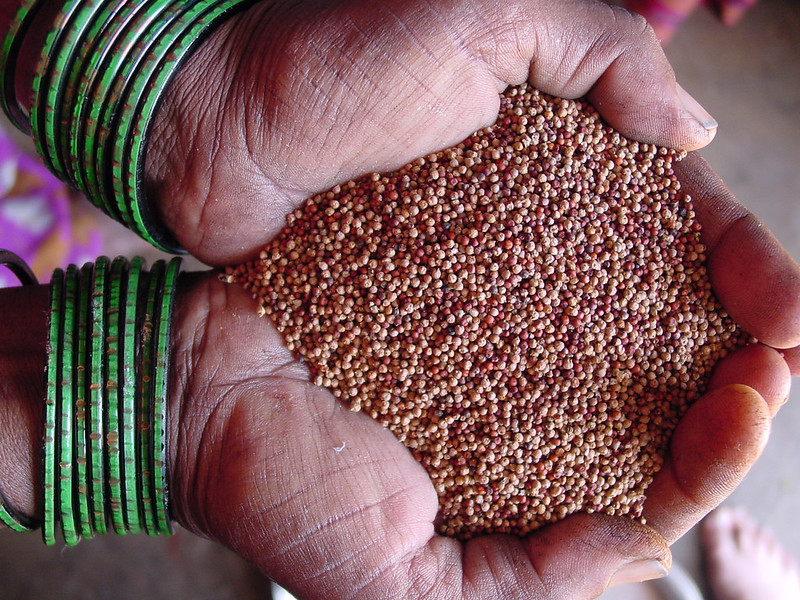
Genetic resources and seed systems policy
Fundamental changes are occurring today in the way farmers, plant breeders, molecular biologists, and genebank managers use genetic resources. IFPRI’s research on genetic resource and seed system policies focuses on understanding these changes and on developing policies to promote sustainable management of agricultural biodiversity by enhancing poor farmers’ access to […]
-
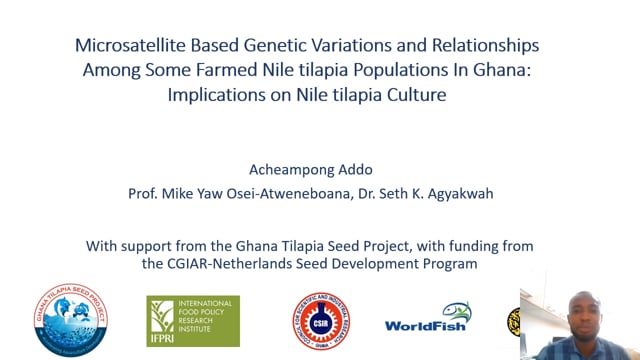
Ghana Tilapia Seed Project (TiSeed)
The 3-year program titled “Accelerating aquaculture development in Ghana through sustainable Nile Tilapia seed production and dissemination,” (TiSeed in short) was launched on February 2019 to address issues in the tilapia seed and extension system to improve productivity and profitability of tilapia cage and pond farming in Ghana, with particular […]
-

HarvestChoice
HarvestChoice began in 2006, when the tides were rapidly turning on the data science. Detailed figures on agriculture, human welfare, and the environment were scarce for Africa South of the Sahara (SSA). Statistics to support agricultural policy and investment decisions in the region were often too coarse – available only […]
-
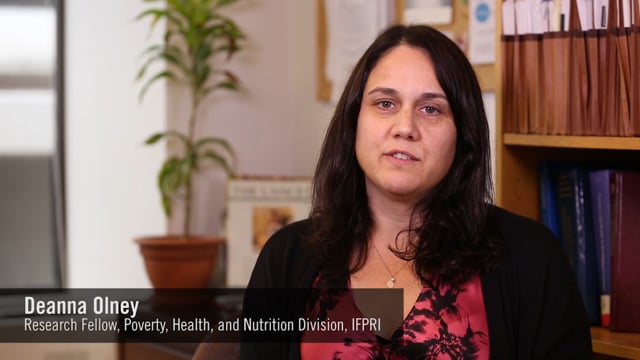
HKI Homestead Food Production Programs
Programs targeting women designed to improve maternal and child health and nutrition outcomes in Africa and Asia.
-
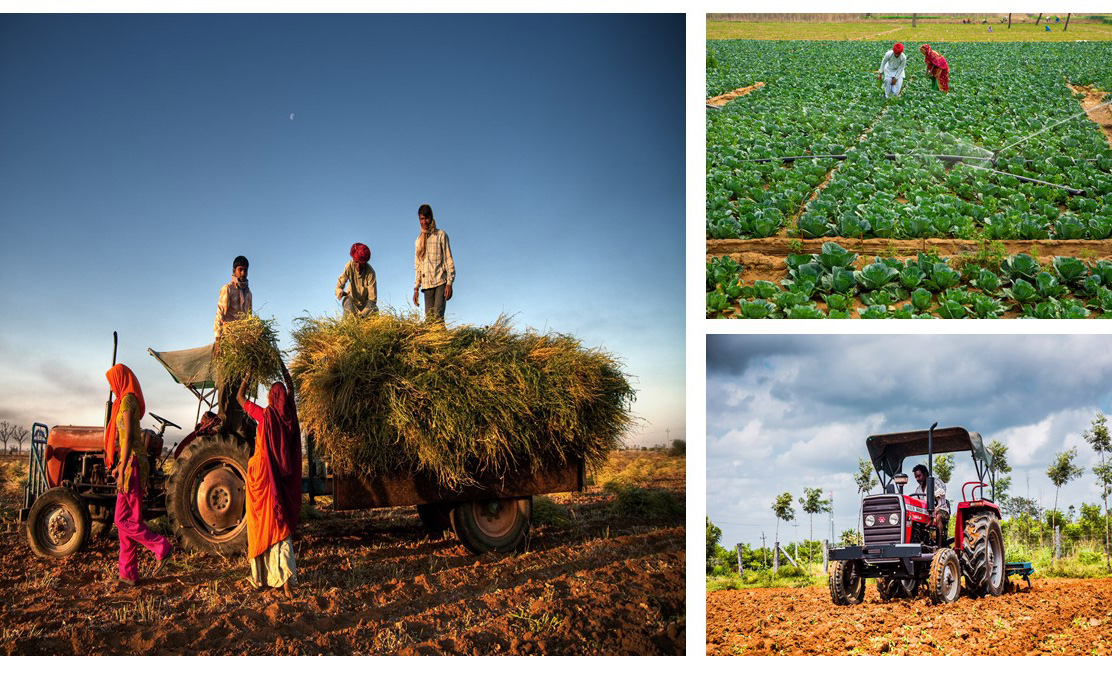
IFPRI-Indian Council of Agricultural Research (ICAR)
The IFPRI-ICAR project consists of research collaboration; training and capacity strengthening; and policy communication.
-
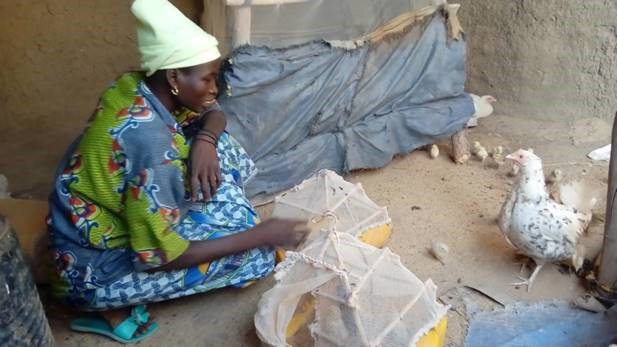
Impact Evaluation of Integrated Poultry Value Chain and Nutrition Interventions (SELEVER) in Burkina Faso
Designed around the scale-up of the Soutenir l’Exploitation Familiale pour Lancer l’Élevage des Volailles et Valoriser l’Économie Rurale (SELEVER) project in Burkina Faso.
-
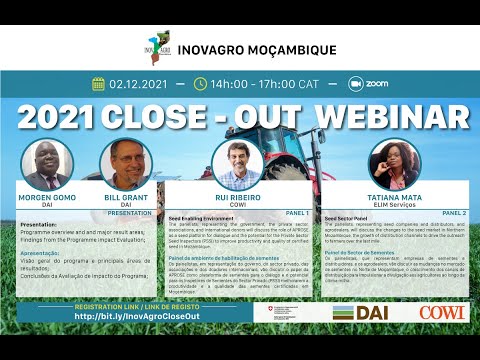
Impact Evaluation of the InovAgro Market Systems Development Project
InovAgro provides recommendations to MSD practitioners and SDC of how to improve and strengthen the monitoring and evaluation system of future MSD projects, and influence the design of future agricultural policies in Mozambique.
-

Impact of COVID-19 on Food Value Chains
This project studied the impact of the Covid-19 pandemic on eight food value chains in three countries: okra, tomatoes, and dairy in Burkina Faso; maize and dairy in Uganda; and rice, fish, and shrimp in Bangladesh. The project carried out two rounds of a survey of small-scale farmers and small […]
-
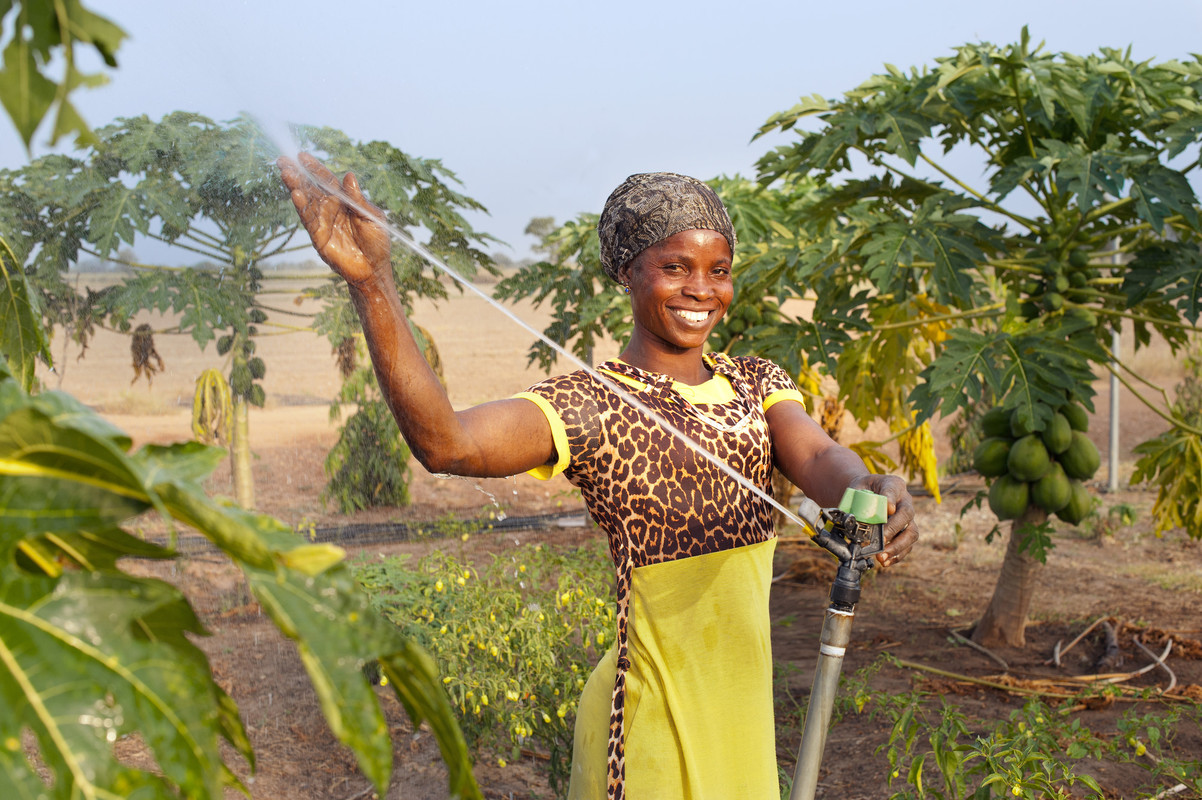
Impact of Irrigation on Agricultural Productivity, Nutrition, Health and Women’s Empowerment in Ghana
The benefits of irrigation go beyond impacts on yields, with large potential benefits for nutrition security, health, and women’s empowerment.




